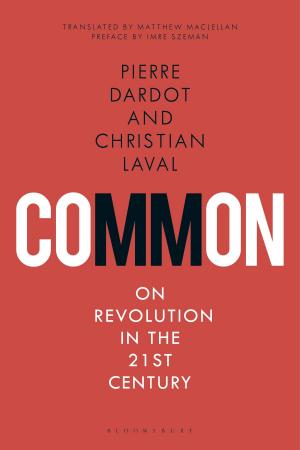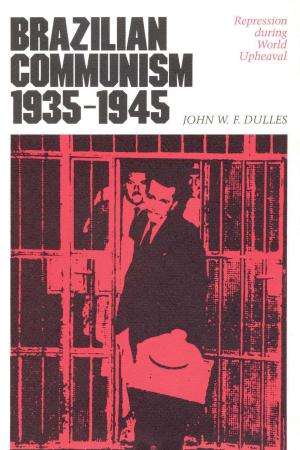Cuba’s Caribbean Marxism: Essays on Ideology, Government, Society, and Economy in the Post Fidel Castro Era
Nonfiction, Social & Cultural Studies, Political Science, Government, Communism & Socialism| Author: | Larry Catá Backer | ISBN: | 9781949943016 |
| Publisher: | Little Sir Press | Publication: | October 24, 2018 |
| Imprint: | Language: | English |
| Author: | Larry Catá Backer |
| ISBN: | 9781949943016 |
| Publisher: | Little Sir Press |
| Publication: | October 24, 2018 |
| Imprint: | |
| Language: | English |
This book is about ideology in the contemporary world. Ideology serves as the foundation that makes it possible for a political community to develop principles through which it can organize itself by reference to a core baseline against which to understand the world around. This book is also more particularly about Cuba. Cuba serves as an ongoing living experiment in the possibilities of molding individuals and the society along the lines suggested by application of a quite explicit set of grounding principles that form an ideology. Fidelity to ideology within a national context makes it possible to create and operate government, society, politics, and economics that are "good" and against which reform can be assessed and applied. The essays that comprise the twelve chapters of this book are drawn from a decade and more of thinking about Cuban ideology and its application in the wake of the passing of Fidel Castro, the charismatic founder of what these essays identify as Caribbean Marxism. The first 7 chapters develop the conceptual framework for understanding Caribbean Marxism as a theory and the challenges that theory poses in the face of reform necessitated by changes in historical condition. Chapters 8 through 12 focus on the concrete manifestation of these abstract structures in several key areas--economic organization of the private sector, trade and investment, and lastly the project of constitutional reform.
This book is about ideology in the contemporary world. Ideology serves as the foundation that makes it possible for a political community to develop principles through which it can organize itself by reference to a core baseline against which to understand the world around. This book is also more particularly about Cuba. Cuba serves as an ongoing living experiment in the possibilities of molding individuals and the society along the lines suggested by application of a quite explicit set of grounding principles that form an ideology. Fidelity to ideology within a national context makes it possible to create and operate government, society, politics, and economics that are "good" and against which reform can be assessed and applied. The essays that comprise the twelve chapters of this book are drawn from a decade and more of thinking about Cuban ideology and its application in the wake of the passing of Fidel Castro, the charismatic founder of what these essays identify as Caribbean Marxism. The first 7 chapters develop the conceptual framework for understanding Caribbean Marxism as a theory and the challenges that theory poses in the face of reform necessitated by changes in historical condition. Chapters 8 through 12 focus on the concrete manifestation of these abstract structures in several key areas--economic organization of the private sector, trade and investment, and lastly the project of constitutional reform.















